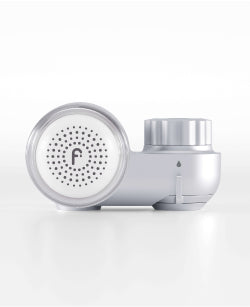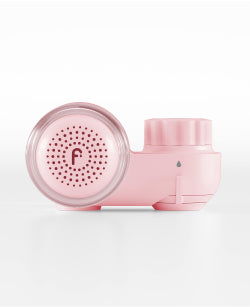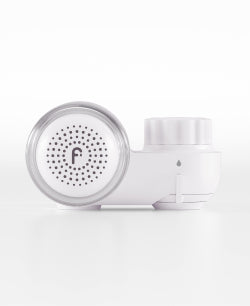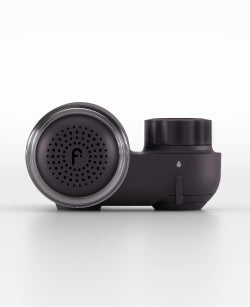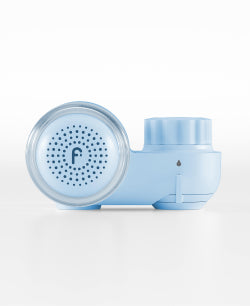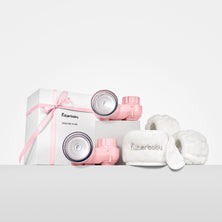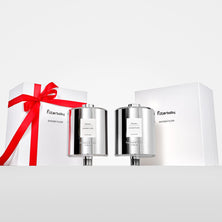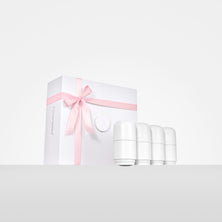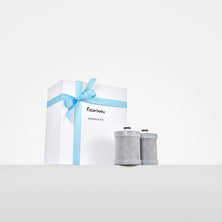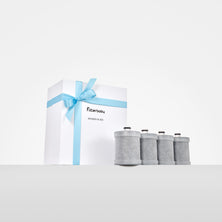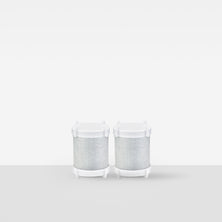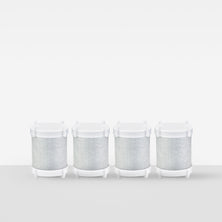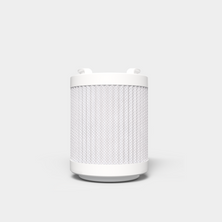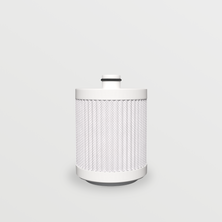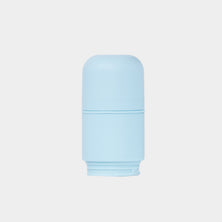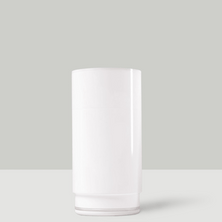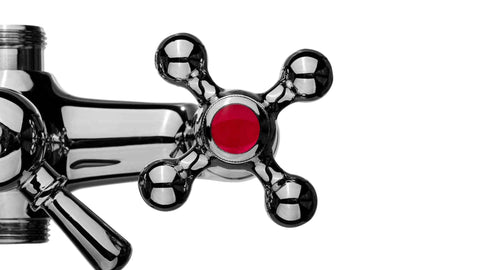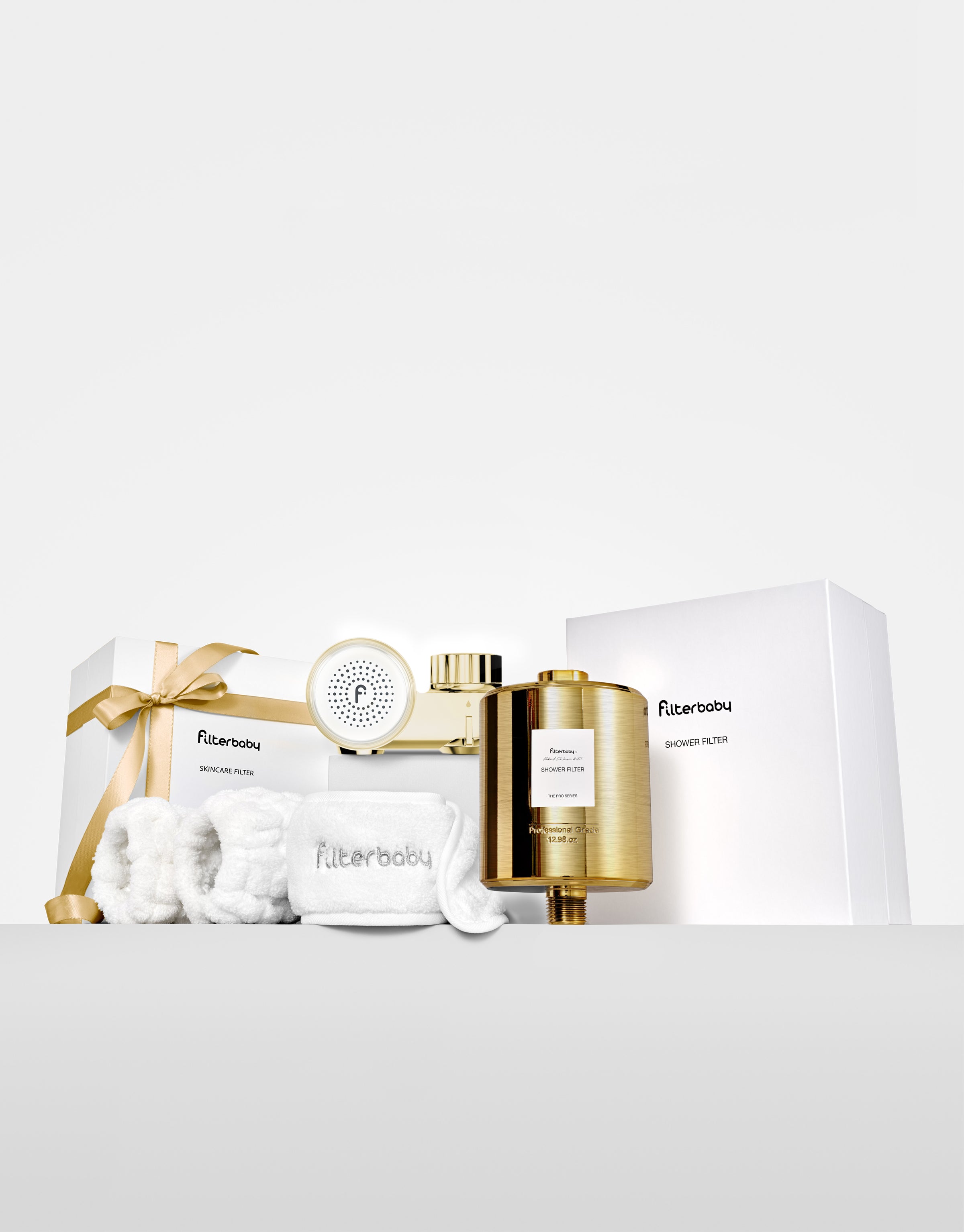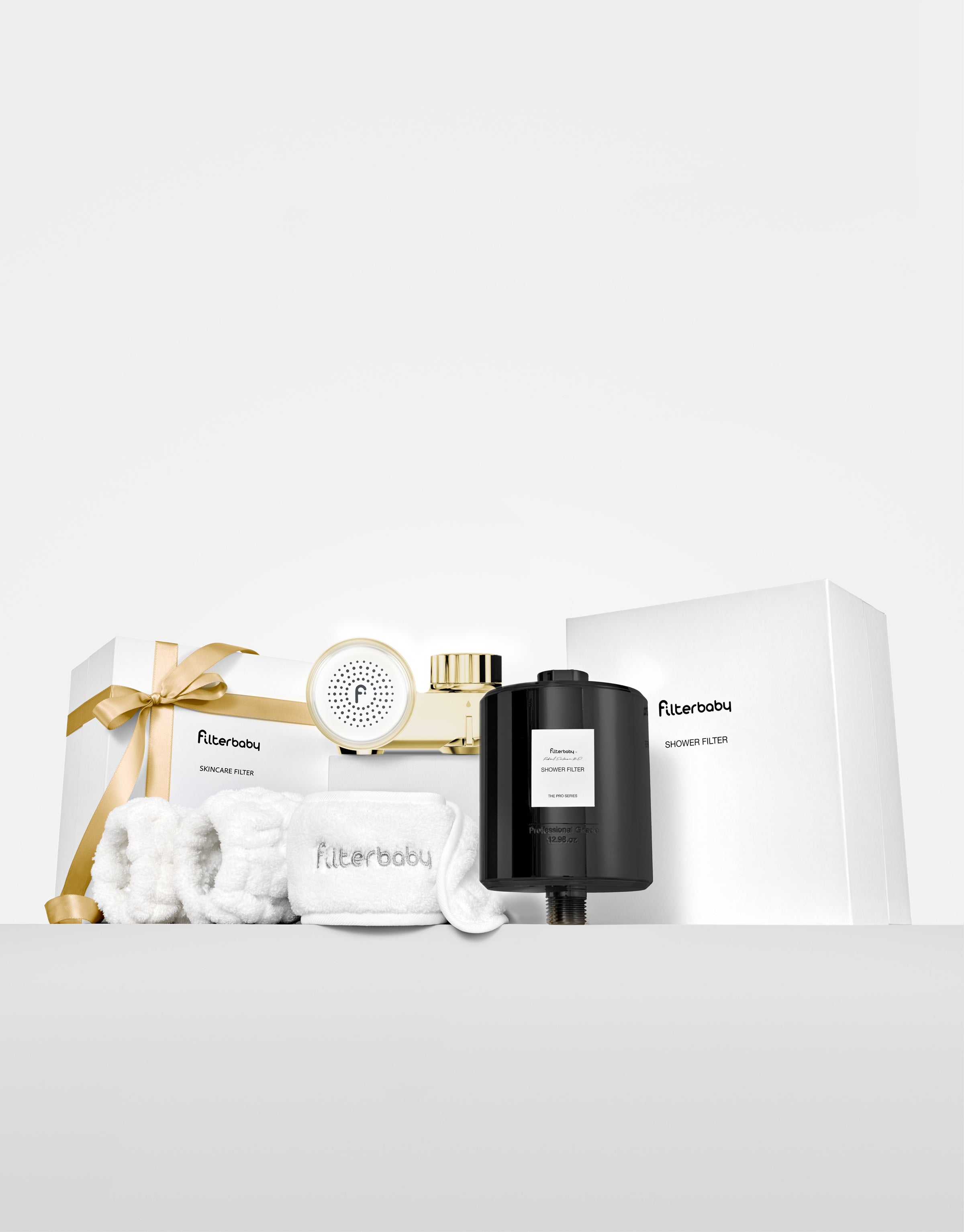Keeping up with your skincare routine can be difficult. The plethora of misinformation about how to take care of your skin can make it even more difficult.
In this blog, we debunk some of the most common skincare mistakes that we are absolutely guilty of committing in the past.
4 Common Skincare Mistakes that Will Make Your Skin Dry
Dry skin is something that is the bane of existence for many. If you have skin that easily becomes flaky, tight feeling, or even rough this is likely from dry skin.
If this describes you, you may need to reevaluate your skin routine to adapt to your own skin type, so that you are not making it worse on yourself. Here are some things not to do with your dry skin.
1. Don't Use Soap on Your Face
We love beautiful, hand crafted soaps as much as anyone... but we keep those soaps far away from our faces. Here's why.
Face washes might be one of the biggest reasons why your skin is getting dried out. Foamy and soapy cleansers especially can strip your skin of natural oils.
If you happen to be using a cleanser designed to fight or prevent acne, consider switching it out for something more gentle. Acne cleansers can be too harsh, too drying on your skin. Instead, use oil cleansers.
“Oil cleansers wash away what we want to clean but leave behind natural oils and they don’t strip your skin of moisture,” Kally Papantoniou.
2. Getting Into Hot Water
Especially in the winter, one of the best feelings in the world is getting into that hot shower. However, it can actually be one of the causes of your dry skin. Hot water and steam can strip your skin of oils.
Are you guilty of absolutely needing a boiling hot shower? Well, try to turn down that temperature. If you absolutely cannot stop using hot water, pivot your face and hair routines to the sink where you can better control the water's temperature without turning into a popsicle.
The best temperature for your skin is by far lukewarm water at all times, whether it be for showering or for washing your face. What's lukewarm? Think "baby bottle" temperature. Your water should be no more than 115 F (46 C).
3. Over Exfoliation
Guilty. As. Charged. It can be super satisfying to scrub away all of the dead and flaky skin, but it actually can have adverse effects. Mechanical exfoliation on dry skin can actually lead to microtears.
Your skin does still need help shedding all of those dry flakes. Opt for glycolic acid. Glycolic acid helps remove those dead skin cells on the surface and encourages skin turnover. Exfoliate 1-2 times per week, or as directed by your dermatologist. (P.S. if your skin is excessively red after using a chemical exfoliant, stop using it immediately!)
4. Products with Alcohol
Most alcohol does not belong on your skin. For sensitive and dry skin types, alcohol is one of the biggest red flags. Alcohol is an ingredient that actually steals moisture away from the skin, which can lead to even more dry skin. It is common in cheaper products and added in for fragrance or to trigger a "tingling" sensation on your skin.
Double check ingredient labels and avoid the following:
- benzyl alcohol
- methanol
- SD alcohol 40
- denatured alcohol
- ethanol
- isopropyl alcohol (simple alcohol)
The "Good" Alcohols
Some alcohol ingredients might look scary, but are considered safe and good for your skin. Here are some of the good, fatty alcohols that are totally fine:
- vitamin AI (retinol)
- vitamin E (technically an alcohol!)
- cetyl alcohol
- stearly alcohol
Dry Skin Skincare Tips
Hydrate
One of the most important things to do is to hydrate. Drinking water is an essential part of keeping your skin young and fresh. Not even for just your skin, but your own health in general, give your body what it needs by staying hydrated.
You should drink at least half your body weight (in pounds) in ounces of water everyday. For example, if you weigh 140 lbs., you should be drinking 70 oz. of water throughout the day.
The best dry skin skincare routine is one that nourishes your body. Drink water, eat well, and prioritize your well-being. Your skin—and the rest of your body—will thank you.
Moisturize
When moisturizing your skin, be sure to use a hydrating moisturizer. Making sure that you have the right moisturizer for your skin type is essential. For dry skin, soft cream type moisturizers are recommended. Ingredients such as hyaluronic acid, Vitamin C, and glycolic acid are all helpful in preventing discoloration and aging. Make sure to target the right ingredients that work with your concerns. Consult an expert to choose the right product for your skin.
Protect
Make sure to protect your skin from any of the harmful things from the world around you. One of the biggest exposures that can come across your skin will actually be your water.
Your tap water can possess contaminants that can negatively affect your skin, stripping away moisture and making your skin inflamed and infected.
The best way to ensure that you are using clean water to wash your face is with a Filterbaby. Getting rid of the impurities is what the Filterbaby's PROdermis Ultrafiltration system does! Filterbaby traps and dissolved chlorine, TTHMs, and other common tap water contaminants as small as 0.2 microns. Our clinically-tested, dermatologist-approved best in class filtration system far exceeds NSF-42 standards.
By installing a Filterbaby on your faucet, you will drastically improve the quality of your water, and eliminating a potential reason why your skin might not be getting better.
When to Find a Dermatologist
Your skin is what you are going to live with for the rest of your life. Make sure you doing your own skin justice. Go to a dermatologist to get a professional opinion to see which products are right for you, especially because certain ingredients may cause skin inflammation.
